The United States is calling for restraint between India and Pakistan following a deadly attack in Indian-administered Kashmir last week, with Secretary of State Marco Rubio engaging in separate conversations with leaders from both nations, Al Jazeera reports.
According to the US Department of State, Rubio spoke with Pakistani Prime Minister Shehbaz Sharif and Indian Foreign Minister Subrahmanyam Jaishankar on Wednesday, urging de-escalation and cooperation.
In his call with Jaishankar, Rubio expressed support for India in combating “terrorism” and encouraged Pakistan to cooperate in the investigation of the recent attack, which killed 26 people in the Kashmiri town of Pahalgam. India has accused Pakistan of backing the attack, a claim Islamabad vehemently denies.
Prime Minister Sharif’s office released a statement saying he urged Washington to press India to “dial down the rhetoric and act responsibly.” Sharif also expressed concern over India’s stance on the Indus Waters Treaty, accusing New Delhi of “weaponizing water” by stepping away from the agreement, which governs river flows in the disputed region.
The phone calls come amidst heightened tensions after Islamabad claimed to have “credible intelligence” suggesting India was planning a retaliatory attack within 24-36 hours. This follows the deadly attack on tourists in Indian-controlled Kashmir, driving tensions between the nuclear-armed rivals to their highest point since a 2019 suicide car bombing.
As a further sign of escalating tensions, New Delhi has shut its airspace to Pakistani airlines, effective from April 30 to May 23, according to a Notice to Air Missions (NOTAM). This follows a similar ban imposed by Islamabad on Indian airlines flying over its territory.
Reports indicate that Indian and Pakistani troops have exchanged small-arms fire over the past six nights along their de facto border running through Kashmir. India claims the exchanges were initiated by the Pakistani side. No casualties have been reported.
The long-standing dispute over Kashmir continues to fuel tensions. Hindu-majority India accuses Pakistan of funding and encouraging armed groups in the region, a Himalayan territory claimed in its entirety by both nations but ruled in part by each. Pakistan maintains it only provides moral and diplomatic support to the Kashmiri demand for self-determination.
The international community is also weighing in. United Nations Secretary-General Antonio Guterres has spoken with officials from both India and Pakistan, stressing the need to “avoid a confrontation that could result in tragic consequences.”
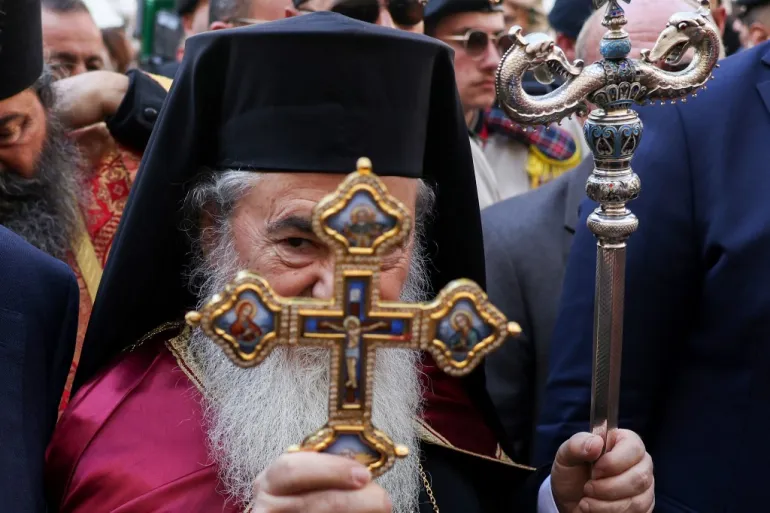
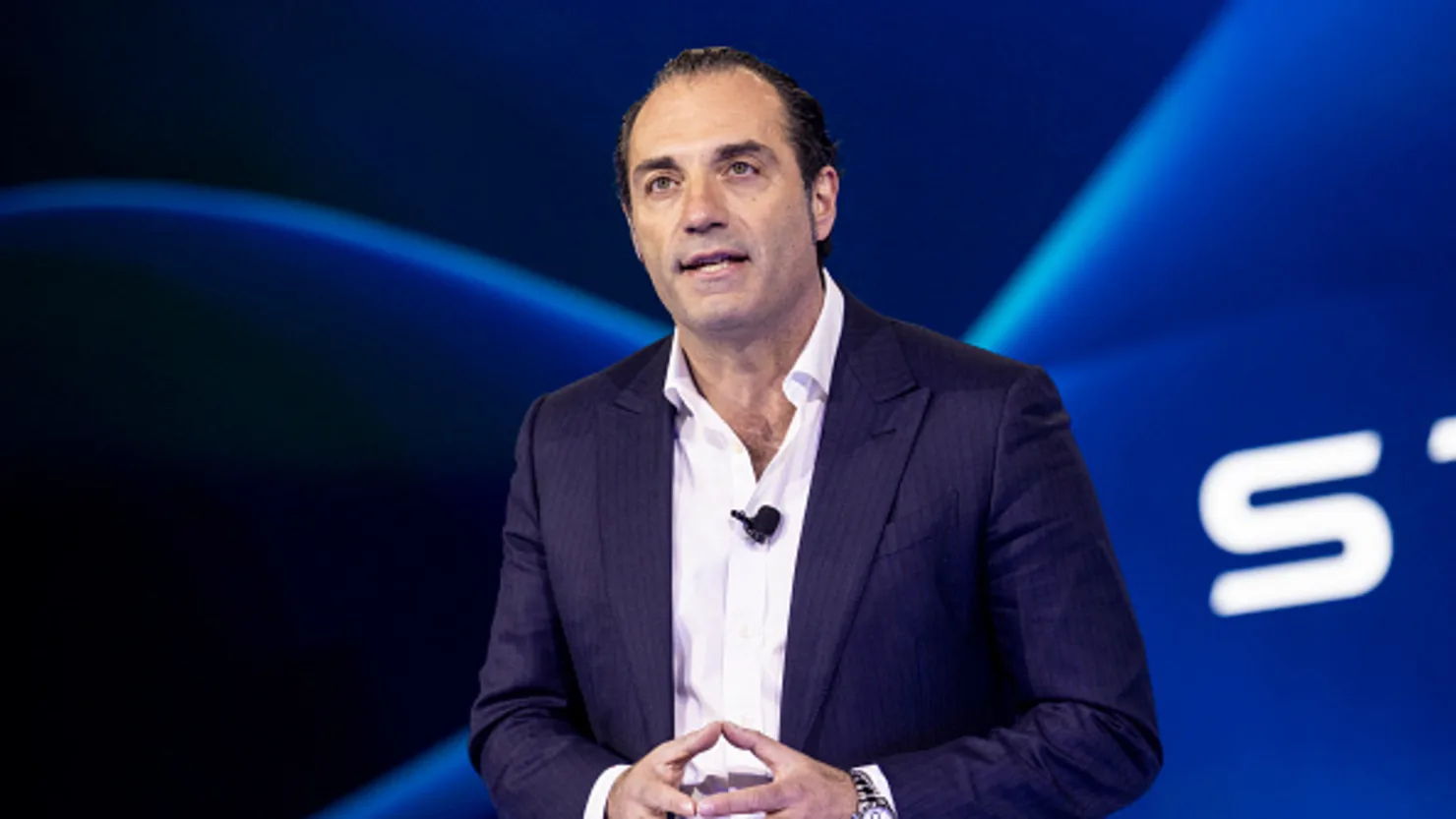
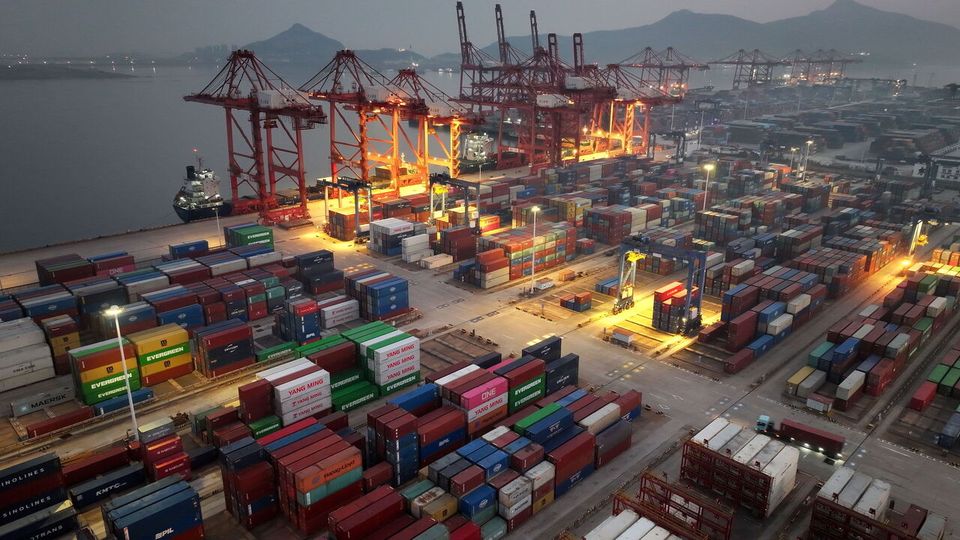

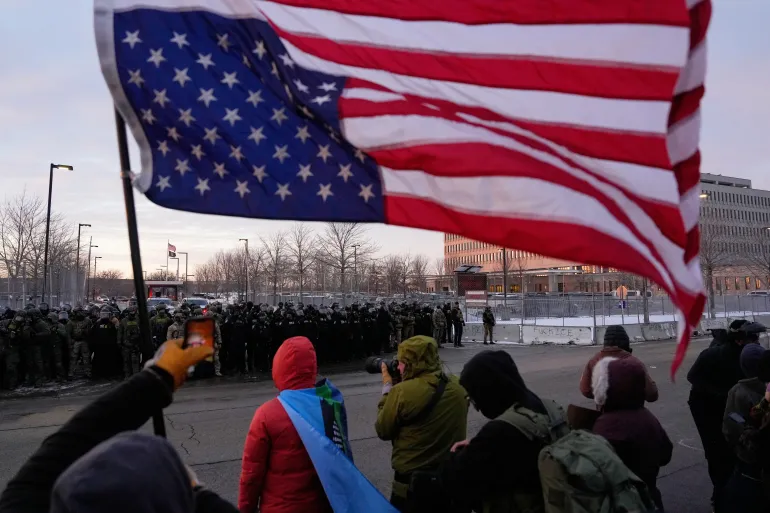
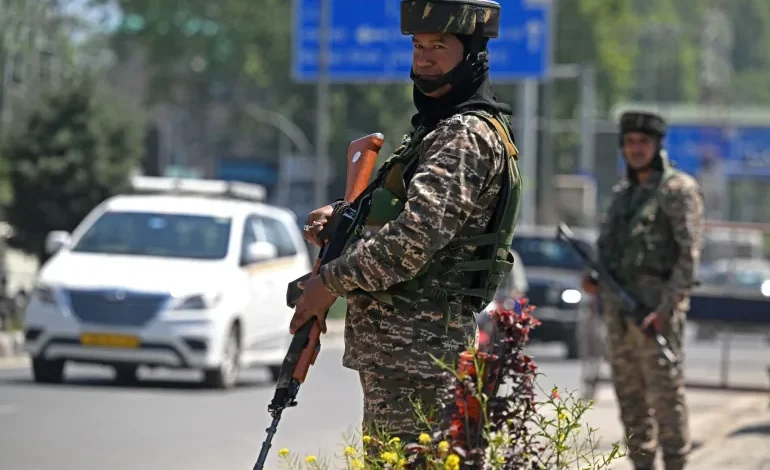




The latest news in your social feeds
Subscribe to our social media platforms to stay tuned